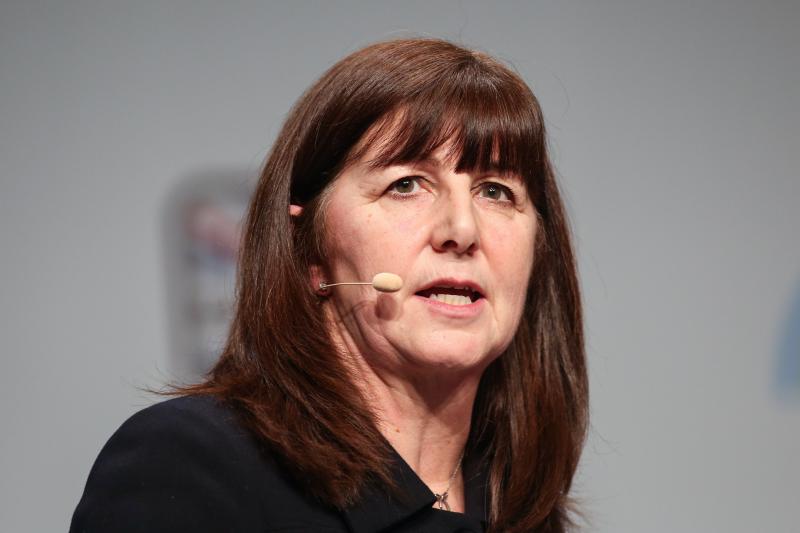Welsh farm minister admits 'challenging times' for Wales in run up to Spain visit

The Welsh government is visiting Catalonia and Basque Country to promote food exports as it admits "undoubtedly challenging times" are ahead.
With Brexit less than a year away, the Cabinet Secretary for Rural Affairs, Lesley Griffiths is vising parts of Spain to learn from its food and farming success story.
During the visit, Ms Griffiths will meet with various food clusters to see how they are used in the promotion of their food and drink industry, and how Welsh Food Clusters can learn from these to help businesses increase trade and competitiveness.
Food clusters are groups of food and farming businesses with a common interest working together for mutual benefit.
They aim to remove the isolation of firms, especially SMEs and connecting them to innovative systems. There are over 450 companies involved in the Welsh Clusters, generating business through increasing collaboration within the sector.
In the Basque Country, the Cabinet Secretary will meet the Deputy Minister for Agriculture, Fisheries and Food to discuss the development of a new EU network of ‘renowned food regions’ – the REGAL network. The network is focused on developing food culture and supporting entrepreneurship and innovation.
This visit is one in an ongoing exchange of Ministerial visits between Wales and the Basque Country, as collaborative links seek to be strengthened.
'Disadvantaged position'
Figures point to an increase in Welsh food and drinks industry turnover, showing an overall increase of 8% from £403.8m in 2015 to £435.6m in 2016, including a rise in the value of these exports to the EU.
But a report from the Public Policy Institute for Wales highlights the challenges for agriculture and rural areas in Wales that could result from Brexit.
The report’s author, Professor Janet Dwyer, argues that the most likely changes in trading conditions will leave Welsh agriculture in a disadvantaged position compared to its main trading competitors.
Sheep and beef farmers could be in a particularly disadvantaged position after Brexit. A decline in the economic viability of sheep production is likely, according to the report.
"Any situation with tariffs on sheepmeat would mean much higher costs of access to the current main market for producers of lamb, which is Wales’ largest agricultural export by volume and value," Professor Dwyer explained.
"If prices to EU consumers rose by anything from 5% to 40%, reduced demand could (significantly) depress UK lamb prices and render a significant number of farm businesses in Wales even less financially viable and unable to cover their costs of production from agricultural income"
'Challenging times'
Speaking ahead of the visit to Spain, Ms Griffiths admitted that there are "undoubtedly challenging times" ahead for Wales.
“The EU remains our biggest export destination by quite a stretch. That is why it is more important than ever that we use every opportunity to build collaborative partnerships within Europe and learn from the successes of their food and drink industries,” the Cabinet Secretary said.
“The food and drinks industry is a key ‘foundation’ sector for us post-Brexit. This visit is therefore particularly timely as we work to secure a resilient and thriving industry in Wales after leaving the EU.”
“We’ve seen Welsh companies become global brands, such is the high quality of food and drink we produce in Wales. Our Welsh food and drink Clusters are powerful engines for driving future growth and opening up new market opportunities for our industry.
“This visit will help us to build on this, enabling us to learn from the experiences of Catalonia and the Basque Country and to strengthen the links between our countries,” Ms Griffiths added.








